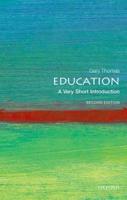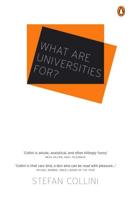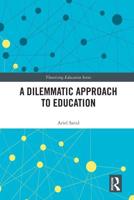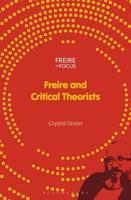Publisher's Synopsis
Many school improvement projects, in Britain as in North America, have been influenced by the work of the Harvard psychologist, Howard Gardner. His 1983 book Frames of Mind and subsequent publications have claimed that there is no reason to associate intelligence only with the logico-linguistic skills tested by IQ tests, but that there are 'multiple intelligences' covering also musical, bodily-kinaesthetic, spatial and other fields. In this publication John White subjects Howard Gardner's theory to philosophical critique. The essay focuses on the criteria used to identify the different intelligences, and therewith the psychological and aesthetic theories on which Gardner relies. Claiming to discover serious difficulties in Gardner's argument for multiple intelligences, White then builds up an alternative account of the nature of intelligence and compares it with the traditional account found in the writings of Galton, Burt, Jensen and also in Herrnstein's and Murray's The Bell Curve. White concludes that school improvement projects do well to broaden the notion of intelligence beyond the traditional, IQ-related, idea. Pupils who see themselves as 'thick' or 'a bit dim' can blossom as they realize that they have abilities in other areas. But there are dangers if this liberating process then finds itself imprisoned within a problematic theory of multiple intelligences.









